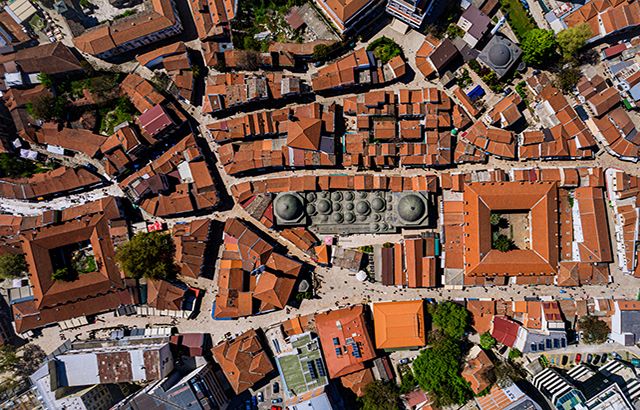North Macedonia has launched its own energy transition investment platform, making the announcement to coincide with COP28.
The country said it now aimed, by the end of the decade, to have phased out coal, adding 1.7GW of renewable energy, and strengthened its grid. The move is being supported by the European Bank for Reconstruction and Development (EBRD).
“This will reinforce North Macedonia’s existing commitment, as set out in its Nationally Determined Contribution, of reducing its net greenhouse gas emissions by 82% by 2030 compared to 1990 levels,” the EBRD explained. “Because the electricity sector is so prominent in the country’s emissions profile, with coal historically accounting for over 40% of generation, the energy transition is key to achieving this goal.”
The EBRD also calculated around €3bn of investment would be needed for the country to achieve its aims. EBRD president Odile Renaud-Basso told Reuters last month that coal accounted for 40% of North Macedonia’s energy source.
Climate Investment Fund collaboration
This new platform will build on a collaboration with the Climate Investment Fund, which is considering providing up to $85m (€78.9m) of grants and concessional finance for the coal-affected regions, subject to its Trust Fund Committee’s approval of the Accelerated Coal Transition investment plan in February.
North Macedonia is one of the smallest countries within Europe, and is currently a candidate country to join the European Union. It has a population of just over 2m people. In 2018, the UN found capital city Skopje to be the most polluted in Europe. According to the US State Department, the country only become known by its current name in 2019 following a 2018 accord between it and Greece.







